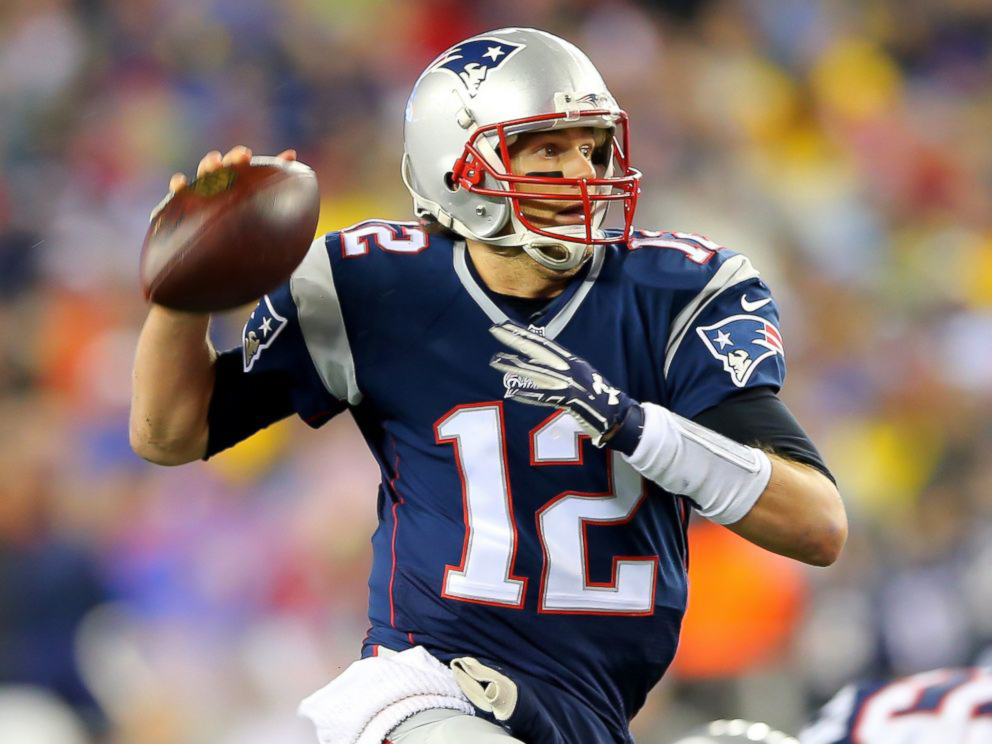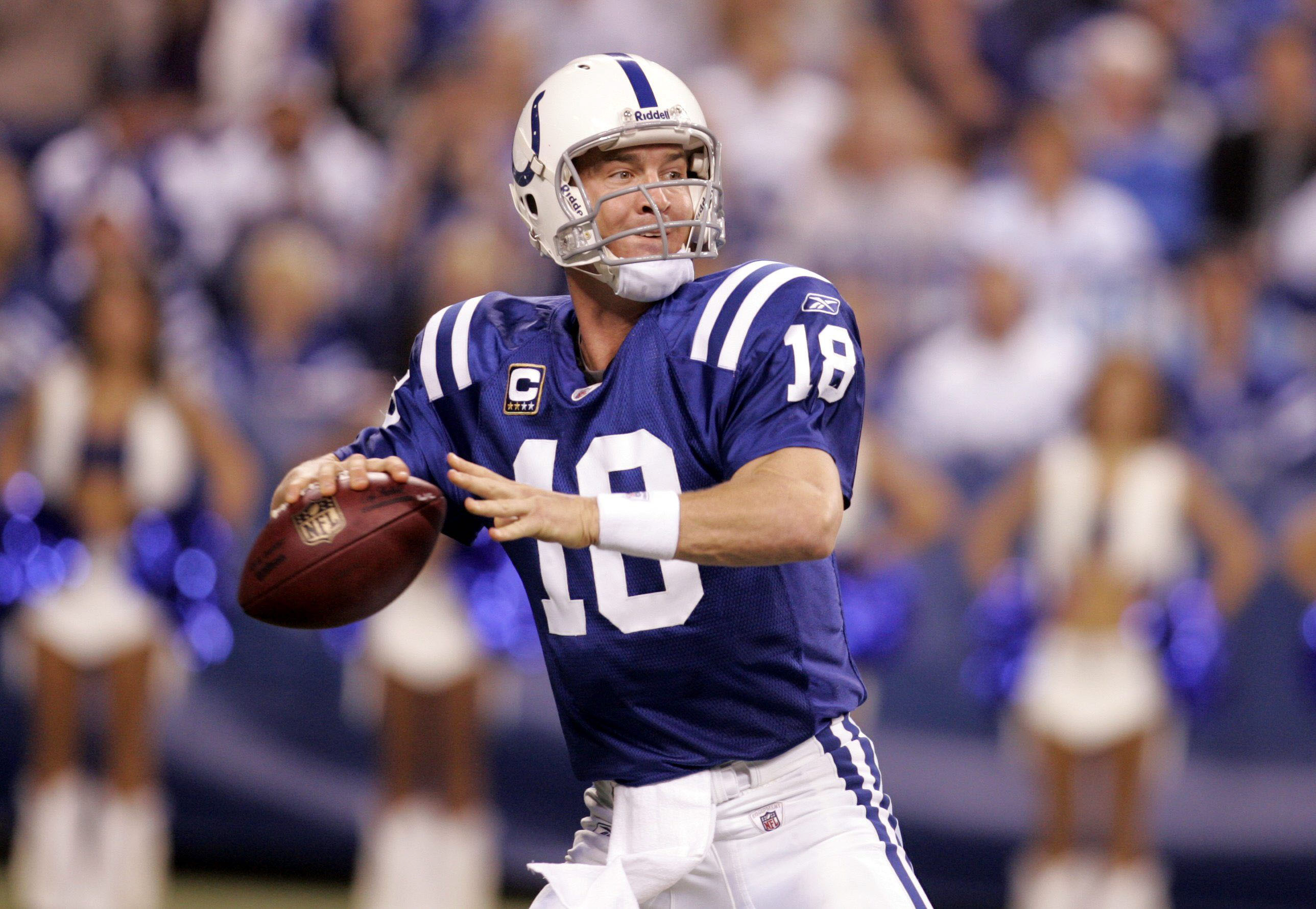
c/o ABC News

c/o onu.edu
The greatest quarterbacks of this generation, if not the greatest players of this generation, are Peyton Manning and Tom Brady. Their rivalry has become the stuff of legend. Both sides are filled with fanatic fans who will argue until doomsday arrives for their chosen champion. Brady and Manning each have a fairy-tale story surrounding them: Brady rose from a lowly sixth round pick to become the winningest quarterback of all time and is no doubt a fiery competitor; Manning, as the heir apparent to a football dynasty, carried a franchise to glory again and again against the league’s golden boy. But controversy is also interwoven into this rivalry. Manning faced allegations of sexual assault during his time at Tennessee, while Brady has frequently been a target of cheating scandals. There’s still one question that remains about the dynamic duo, football’s Marius and Sulla: who can claim the title of GOAT (Greatest Of All Time)?
Brady’s five Super Bowl rings are unmatched by any other player at his position. His draft position and clutch traits have elevated him to a demigod already. Orchestrating the greatest comeback in Super Bowl history against the Falcons on his revenge tour after a controversial suspension was just a minor addition to his already long and illustrious résumé. He holds an absurd 25 post-season and Super Bowl records and likely will soon be in command of a host of regular season records currently held by his nemesis, Mr. Long Forehead. Yet his reputation, deserved or not, of bending the rules in his favor or at least being complicit in morally questionable actions (e.g. Spy-Gate, Deflate-Gate, the Tuck Rule) has left a severe stain on what otherwise would be a perfect career. However, to base an argument on speculation and controversial decisions would not do this rivalry justice.
Furthermore, there are certainly flaws in his career that create a convincing argument against Brady as the top grass-muncher. For example, his two Super Bowl losses to the lovable fool of the league, Eli Manning, match those of Peyton. In addition, Brady’s defenses have been the unsung heroes throughout his career, ranking in the top ten for points allowed over 14 seasons and including 19 Pro-Bowl or All-Pro players during his time in New England. Brady’s success can be largely attributed to the fact that he has been coached and mentored by arguably the greatest coach in NFL history, Bill Belichick ’75, whose management and coaching philosophies have forged stars out of the league’s dregs again and again. In fact, when Brady was injured in the 2008 season, the Patriots went 11-5 under the ultimately mediocre Matt Cassel, suggesting that the team around him can sustain its success without its star player. Ultimately, however, what defines Brady most is his ability to rise to the occasion in high-pressure situations, no matter the how difficult the circumstances or immense the stage.
Manning, even to his most venomous critics, is considered to be the greatest regular-season quarterback the sport has ever seen. He holds a remarkable 61 NFL records. Some of these are somewhat ignominious, such as the record for most interceptions in a rookie season (28) or most playoff losses (13), but others seal his career as one of near perfection in the regular season: most touchdowns, career and single season; most yards, career and single season; most MVP awards; and most all-time wins by a quarterback. Manning also holds the distinction of being the only quarterback that delivered seven straight seasons with more than 12 victories and did so with a less impressive supporting cast than Brady. In fact, during his time in Indianapolis, Manning only had five Pro-Bowl or All-Pro players on defense, and those defenses were ranked in the top 10 based on points allowed only five times during his 14-year stint with the Colts. Manning also had three different head coaches during his career, only one of whom (Tony Dungy) is in the Hall of Fame.
Despite all his regular season success, Manning often seemed to fall apart during the postseason. Commanding the greatest offense the league had ever seen, Manning’s Super Bowl XLVIII (2013 season) performance against the Seahawks was a disaster, leading to the third-largest margin of victory in a Super Bowl and the largest ever for an underdog (35 points). Manning struggled often on the biggest stage, going 2-2 and throwing just three touchdowns and an uncomfortable five interceptions in his four Super Bowl appearances. Furthermore, one of the greatest arguments against the case for Manning is his offensive supporting cast, which over his career contained 13 All-Pro and Pro-Bowl players, compared to Brady’s ten. When Manning came to the Denver Broncos, John Elway surrounded him with incredible amounts of talent on both sides of the ball, producing 14 Pro-Bowlers in just three seasons in the Mile High City. In addition, Manning’s final season was so abysmal that he lost the starting job to Brock Osweiler, who himself was so appalling after leaving Denver that he was traded with a second-round pick as a salary dump after having inked a $72 million-dollar contract with the Texans. Peyton Manning will likely be most remembered as the talented, intelligent quarterback who unfortunately played at the same time as someone who is widely regarded as the greatest player of all time. Yet, it is important to note that Manning’s achievements in the regular season are unparalleled by any other quarterback in league history.
It would be easy to say that Manning was the greatest regular season quarterback ever, while Brady was the greatest postseason quarterback ever. But where would the fun be in that? What seems to make the most sense is that Manning was the superior quarterback for his ability to raise a mediocre franchise to success for nearly every year before he was finally given the team he deserved. On the other hand, Brady, led by an outstanding coach and backed by a solid defense, was placed in an ideal situation from the beginning, and consequently, he prospered in the postseason again and again. Additionally, if the quarterback is responsible for the offensive production and thus the success of his teammates, surely having an abundance of Pro-Bowl teammates is a testament to the ability of the quarterback to utilize his team’s strengths? Ultimately, this debate will likely be relevant just this season because of Brady’s impending sixth Super Bowl ring, which he will win atop his über-team, crushing the skulls of his opponents on the way.